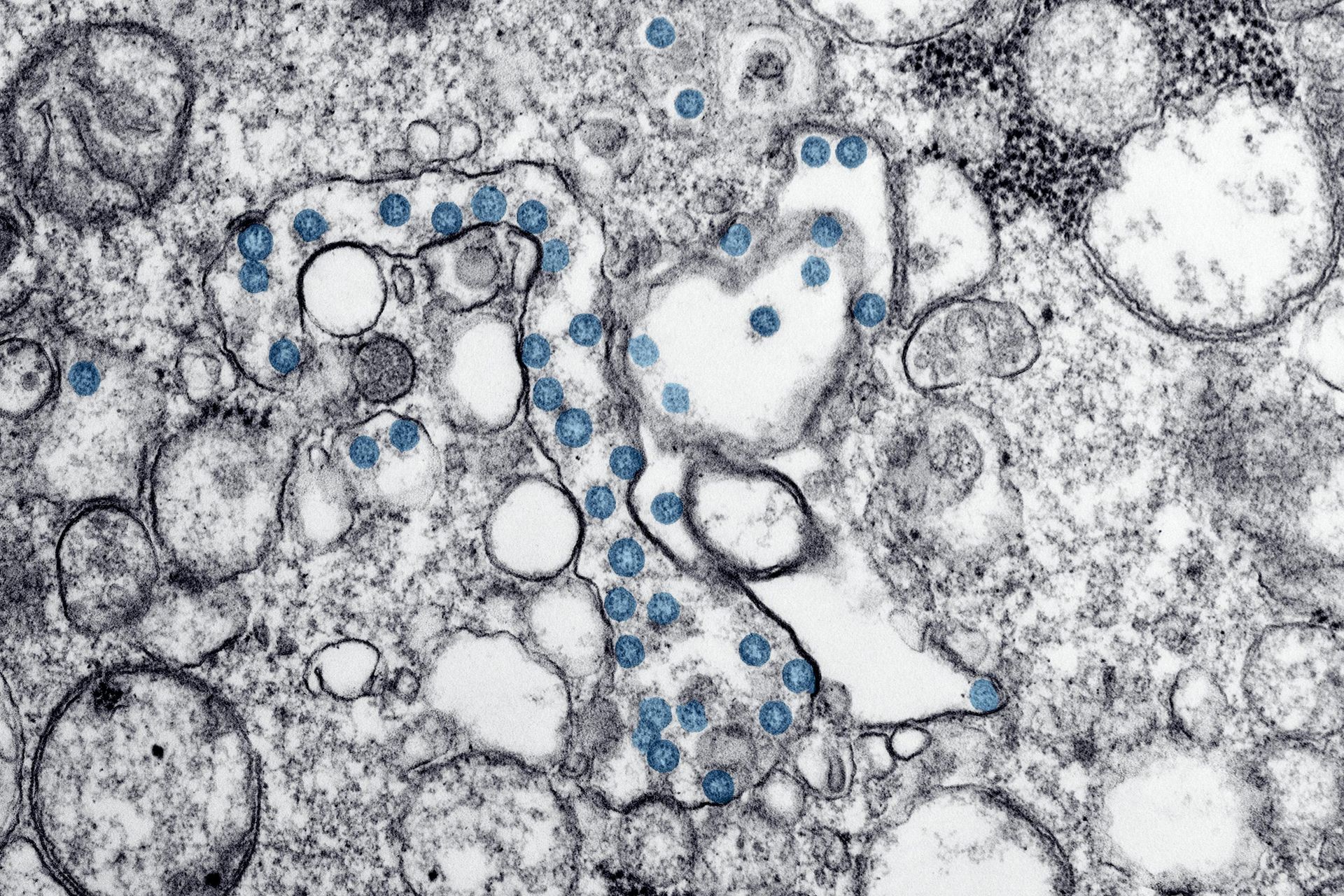Back to the Books

Blog vol 4.11. Back to the Books
I know this may sound premature, especially for the teachers and students who don’t want to think about it just yet, but school is just around the corner. And I personally am already at the books as I start a University of Waterloo, School of Optometry on-line course.
The population is aging, demand for health care is increasing, how do we provide the care needed? One option is to delegate where possible. Ophthalmologists (eye surgeons) are swamped, some routine care can be passed off to optometrists, leaving the ophthalmologists free for critical care.
The old adage is: educate, then, legislate. The basic principle is that one must know what they are doing before they can be given the responsibility.
Generally, optometrists in the U.S. have added new responsibilities before Canadian optometrists. In the 1990’s many Ontario optometrists took extensive courses through an American University to learn how to treat eye disease with therapeutic drugs. In 2011, legislation was passed making it possible for optometrists in Ontario to prescribe a variety of eye drops and treatments. Fast forward to 2023 and the fourth year optometry students that work with us at Burlington Eyecare are well trained in diagnosing and treating eye disease.
The course that I am currently taking is an in-depth course on treatment and management of glaucoma, on working with oral therapeutics, and on ordering lab tests for various diseases. This is very involved, requiring a thorough knowledge of the eye in all its complexities and how it relates to the entire body.
Glaucoma care is ongoing and mostly routine and can be passed off in most cases from ophthalmologists to optometrists.
Glaucoma is a condition that causes damage to the optic nerve, frequently this is related to high pressure in the eye. Glaucoma does not necessarily present any noticeable symptoms but can lead to significant vision loss if not treated. It is most common in older persons and cannot be cured only managed with medicated eye drops and monitoring for changes. NOTE TO ALL: Regular eye exams are important!!
What I appreciate about the optometric profession and the School of Optometry at Waterloo, is the desire to be the best that we can be, and that means life learning. It is an attitude of serving the public of Ontario to the best of our ability. I also appreciate the School’s commitment to providing a world class facility as they plan and begin building the Waterloo Eye Institute which will integrate the health professions, further eye research, and train up a new generation of optometrists.
In 1987, when I first started practicing, optometrists could use diagnostic drops and local anesthetic, that’s it. The profession has come a long way and it has been a very exciting journey.
I look forward to what the future brings, meantime, back to the books.
‘til next week,
the good doctor






